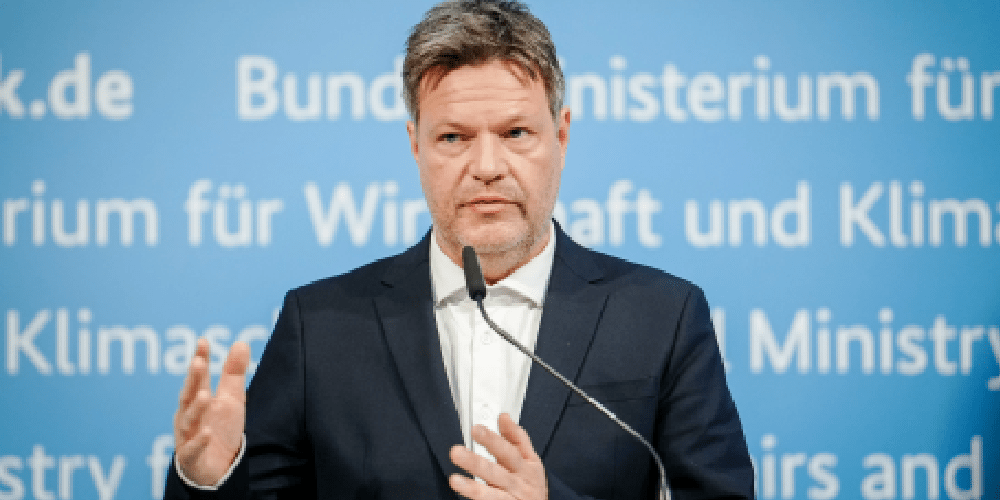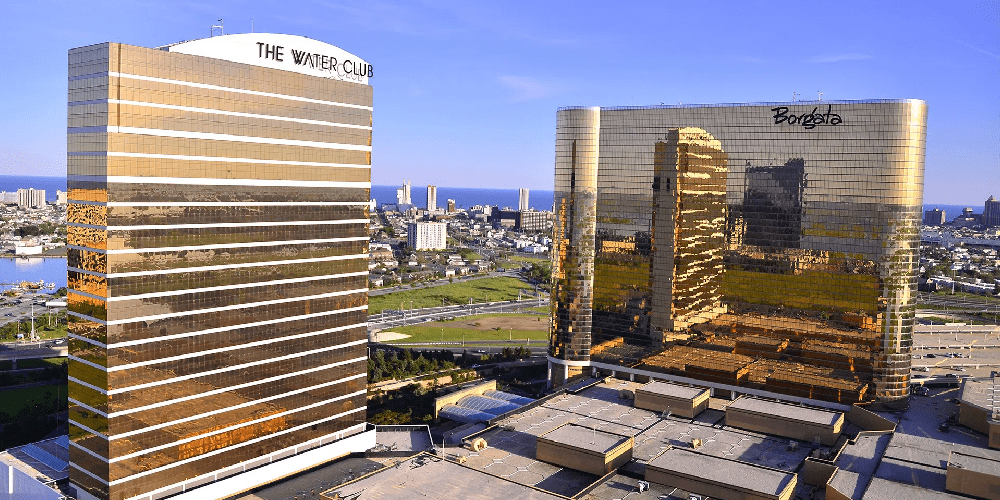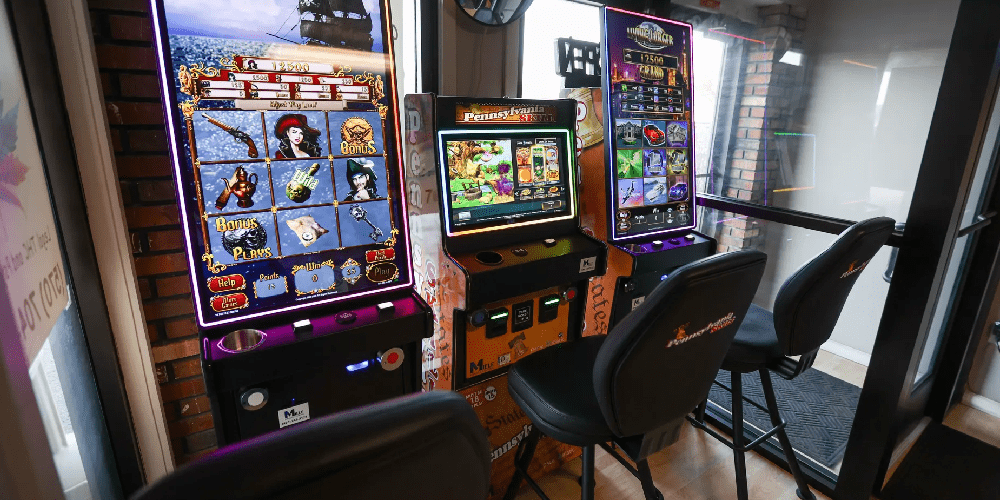Wynn drops out of the New York casino contest and becomes latest bidder.
You can make it anywhere if you can make it New York. Some casino operators, with Wynn Resorts the most recent, have determined they cannot make it there.
New York sports betting November much
There were eight more after that. Officially withdrawing from the race for one of three downstate New York casino licenses, Wynn Resorts declared on Monday.
Joining Las Vegas Sands and Hudson's Bay Co., Wynn is now the third possible contender to drop their offer before the 27 June application deadline. On April 10, Hudson's Bay withdrew; LVS followed two weeks later.
"After great thought, we have decided not to apply for a gaming licence in New York City," Wynn stated in a statement. "The recent rezoning process has made it clear to us that there are uses for our capital more accretive to our shareholders, such as investment in our existing and upcoming developments and stock buy backs, than investing in an area in which we, or any casino operator, will face years of persistent opposition despite our willingness to employ 5,000 New Yorkers."
In the Hudson Yards area of Manhattan, Wynn and associates Oxford Properties and Related Companies had proposed a $12 billion mixed-use building. Based on a past Related development agreement in Hudson Yards, the plan included a casino, hotel, school and apartment complex among other facilities. Given Related had earlier promised more units, the latter item became a major focus point for the opposition to the proposal.
Although that last-minute adjustment now seems meaningless, this opposition resulted in a tripling of the housing commitment in April. Related might still pursue the project without Wynn and the casino component is unknown.
"We truly thank those who have helped us, including our partners at Related Companies; we also continue to believe that the proposed Hudson Yards West development presents an exceptional opportunity for New York City." Wynn said.
Writing seems to be on the wall.
Though major, the announcement is not totally surprising. In the first quarter Wynn announced a 9% YoY revenue drop, with adjusted EBITDAR reductions at all six of its sites globally. For years, the corporation has been totally committed to its United Arab Emirates resort project, which is scheduled to open in 2027.
These financial elements were also mixed with a concern of digital expansion, which was the main reason LVS, one of Wynn's main rivals, withdrew from the running. Though its online sports betting market is the largest in the US, New York did not come close to legalising iGaming this year. Already in 2025, several nearby states with authorised iGaming—Pennsylvania, Connecticut, New Jersey—have generated record income from it.
As LVS pointed out, the prevalent attitude is that growth allowing online casinos is unavoidable, which might eat away land-based income. LVS's departure in some respects prepares Wynn since both businesses tightly run luxury, capital-intensive properties and hence use comparable strategies. Both are among the industry's largest spenders, therefore their departures could be a warning to the other bidders most of which lack the same spending capacity.
Wynn CEO Craig Billings had informed analysts earlier this month, "We continue to be in the running in New York, but we absolutely will not get over our skis to win a licence there."
Ignorance of launch
More than a month still has to go until the application deadline for New York, although the procedure has been somewhat slow from beginning. Apart from the recent withdrawals, most of the surviving bids encounter several logistical challenges and local opposition has long dogged most of the projects.
Two other Manhattan bids, Caesars' Times Square proposal and Silverstein Properties' Avenir project, have environmental assessment hearings booked for this week when Hudson Yards closes. As W42ST noted, though, "neither meeting has been generally advertised to the general public." Rather, announcements were buried in state records kept on the website of the New York State Gaming Commission and mostly forwarded to other government departments exclusively.
This case highlights the general degree of governmental disorganisation and unpreparedness that bidders have reported about for months. The process has dragged on so long that state legislators in June approved a statute mandating proposals to be turned in August only for Governor Kathy Hochul to veto.
Many projects call for environmental processes, which at no fault of the bidders are now approaching the deadline next month. The major delays are a major consideration for those withdrawing because all of the proposals were published back in 2023. Licences are currently supposed to be handed down at the end of the year.
Still lacking bids that are flawed
Looking elsewhere, Bally's is still alive with its Ferry Point plan in the Bronx, although there are grave questions about whether the highly leveraged corporation has the money required for such a project. According Bronx Times, at a recent debate among Bronx political contenders, none of them publicly supported the initiative.
On the outskirts, there are other initiatives that have gone slightly under notice. This covers The Coney, the project by Thor Equities and the Chickasaw Nation for Coney Island, which got early planning clearance this month. Another is Freedom Plaza from Soloviev Group and Mohegan, but Mohegan is digging herself out of a large debt hole that cost its Korean casino.
Given Steve Cohen's $8 billion Metropolitan Park's ongoing success securing necessary rezoning permissions, it could be the leader. By garnering backing from other surrounding authorities who have supported the required rezoning legislation, Cohen and partner Hard Rock have overcome resistance from local state Senator Jessica Ramos.
RW and MGM under severe fire
The underlying assumption that two of the licenses are already allocated has been among the most humorous aspects of the drawn-out choosing procedure. From the beginning, MGM Resorts and Genting Berhad were expected to acquire licenses to expand their respective current racinos in Yonkers and Queens.
But since then, Genting and MGM (together with Wynn) have also been hit with multimillion-dollar anti-money laundering charges in Nevada. Illegal bookies were let to frequent casinos run by both and the investigations revealed many of the same criminals. Though they have no direct bearing on their New York bids, the fines will undoubtedly show up over the course of scrutiny.
Including "the allegations lodged against Wynn and Resorts World," New York State Gaming Commission chair Brian O'Dwyer said at a hearing last September that his agency "will review all relevant data as to whether a potential licensee possesses the qualifications to hold a casino licence." Not yet disclosed was the MGM fine.
Last April, Resorts World also made major news by committing over $1 billion in annual tax payments. Other bidders have bristled behind the scenes claiming it presents an inaccurate picture and fuels lawmakers' tax-hungry behaviour.
The state already has the highest online sports betting tax rate—51%. Although its tax rate at current casinos differs depending on the area, it is at least 30% of slot GGR. By comparison, Nevada and New Jersey barely score ten percent.
New York is another Japan, right?
The bidding process for the New York casino has in certain respects paralleled that of Japan. When that nation initially launched fielding proposals in 2018, there was great enthusiasm since many believed a competitive Japanese market may challenge Macau or Singapore. But a similarly protracted procedure paired with Covid closures finally reduced the field to just one project, MGM Osaka. That project started in April and won't open until 2030; if Thailand approves casino expansion, by then Thailand may also be running.
Japan is supposed to reopen a second bidding campaign for up to two more licenses at some point. Still, a lot of people question who would be ready to come back after going away. For its part, Wynn left the market in 2020 and would only contemplate returning "if the setup was right," CEO Billings told analysts last month. New York might suffer a similar lost chance.
"This is Japan 2.0," consultant Brendan Bussmann from Las Vegas said following Wynn's Monday statement. "It's been that way since RWNY promised a billion annually in taxes in April 2024; but, it will keep getting worse."
Bussmann said it's likely there will be further erosion given roughly one month to go before the deadline.
"I'm going to set the queue at 8 and take the under for proposals that get turned in," he remarked.



